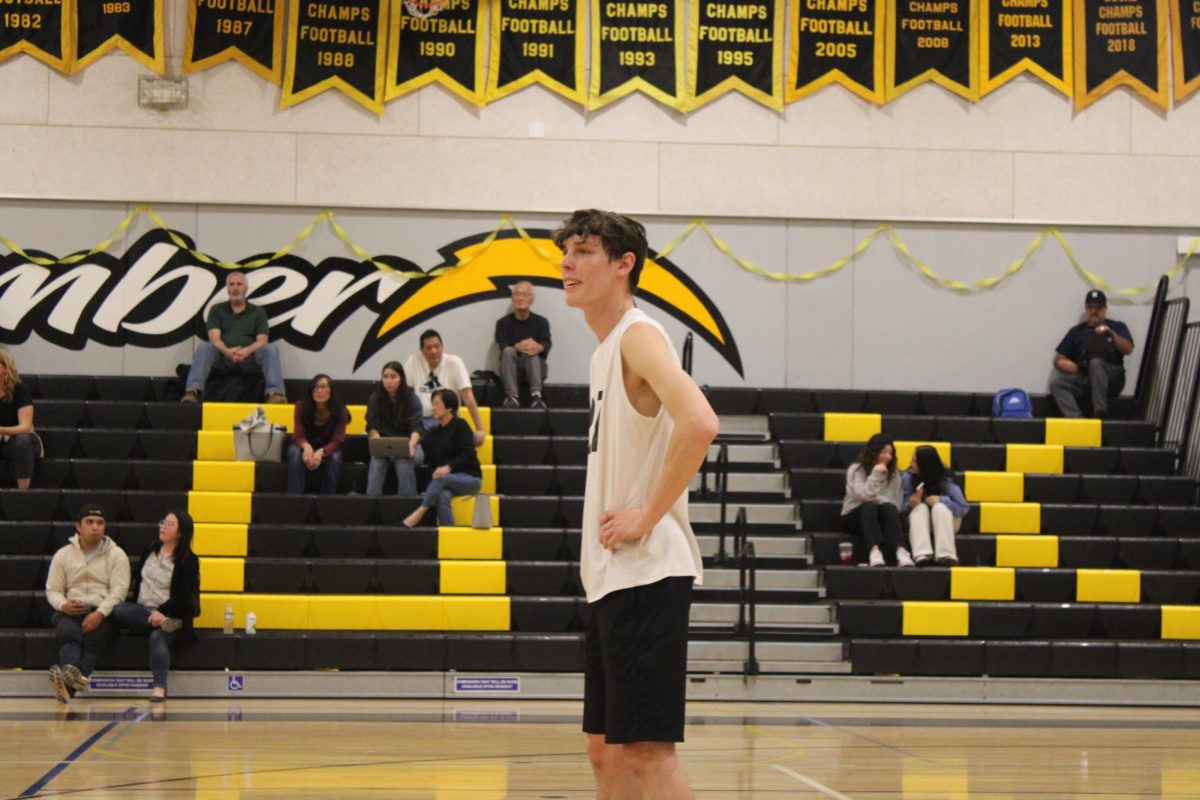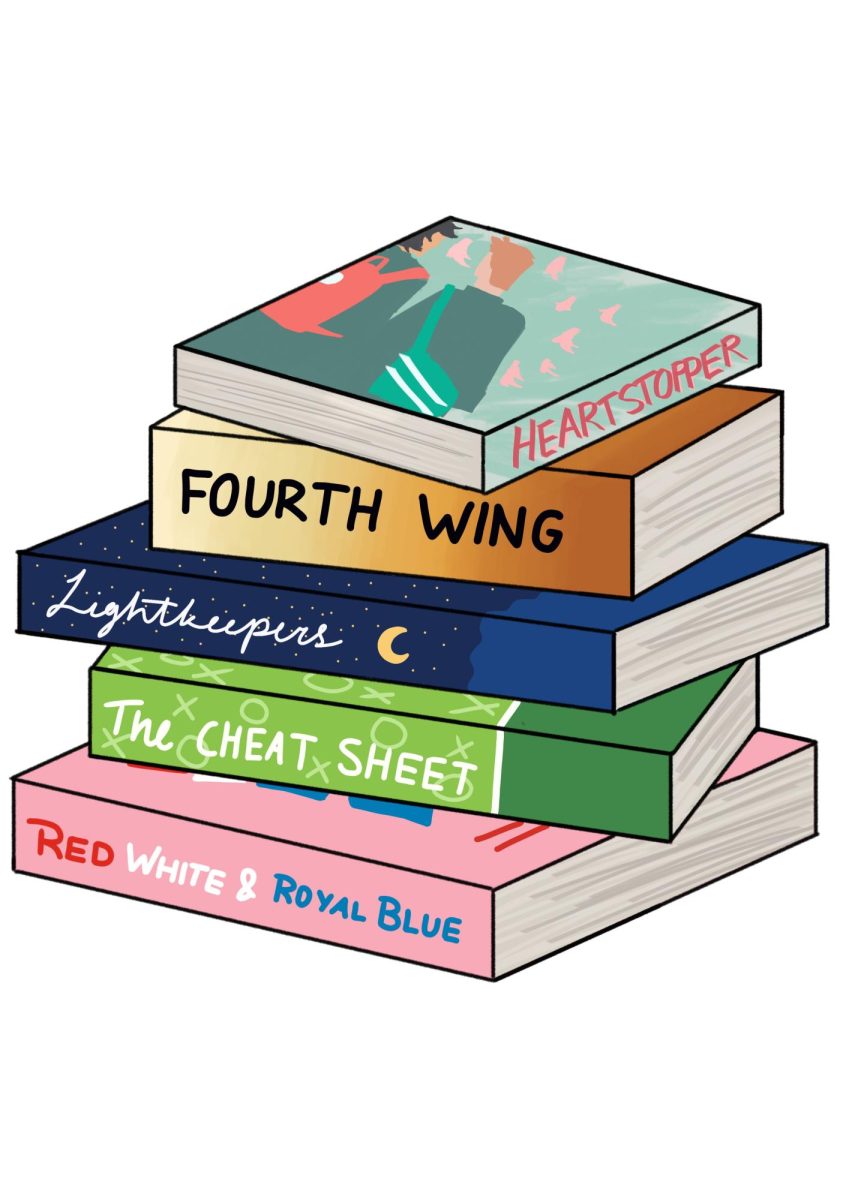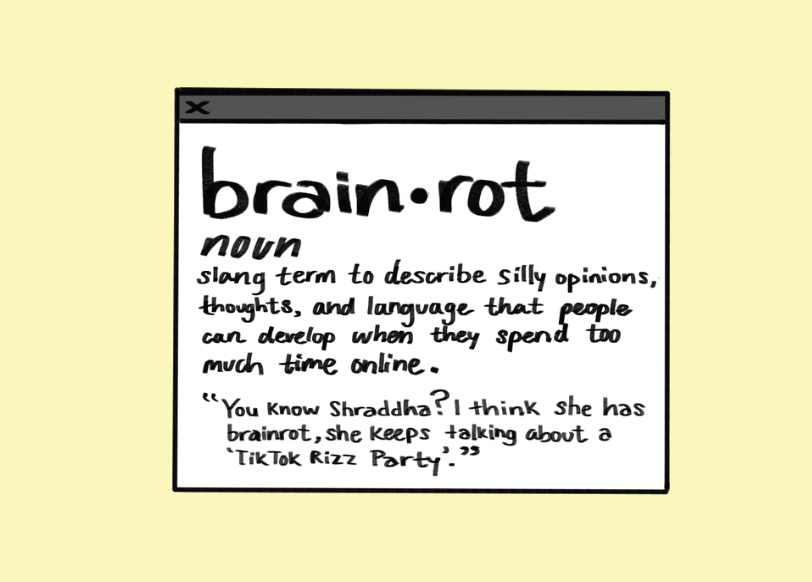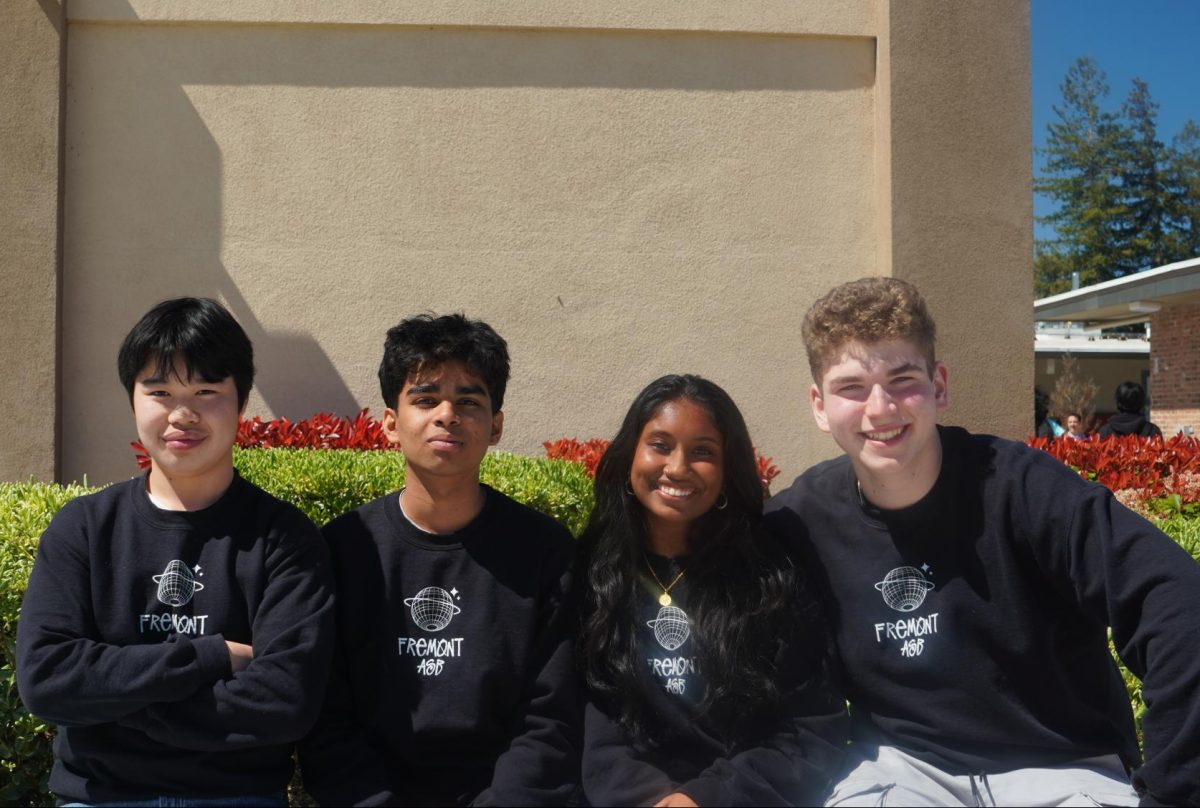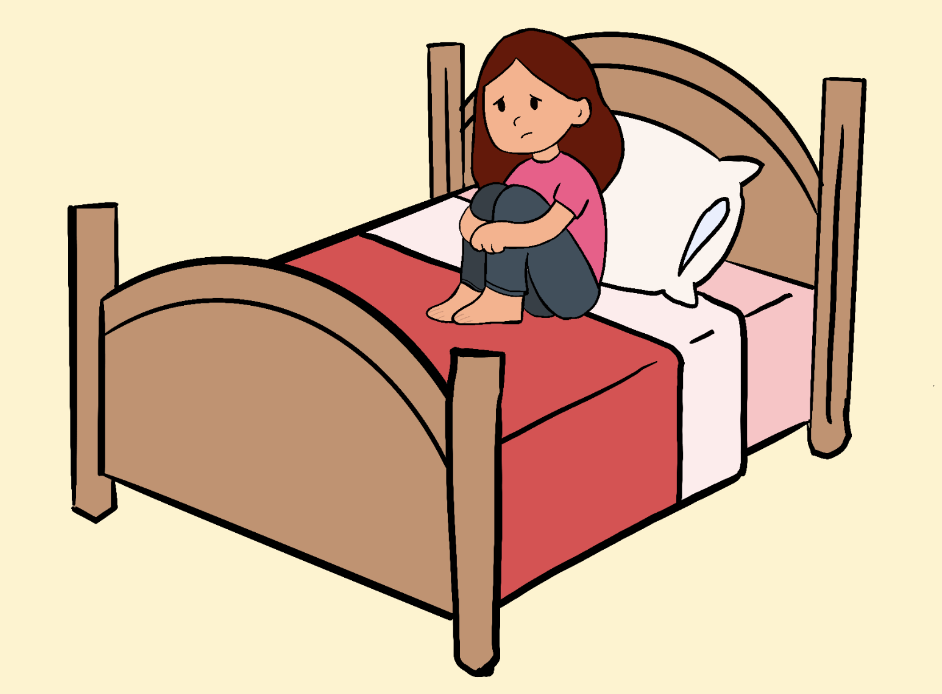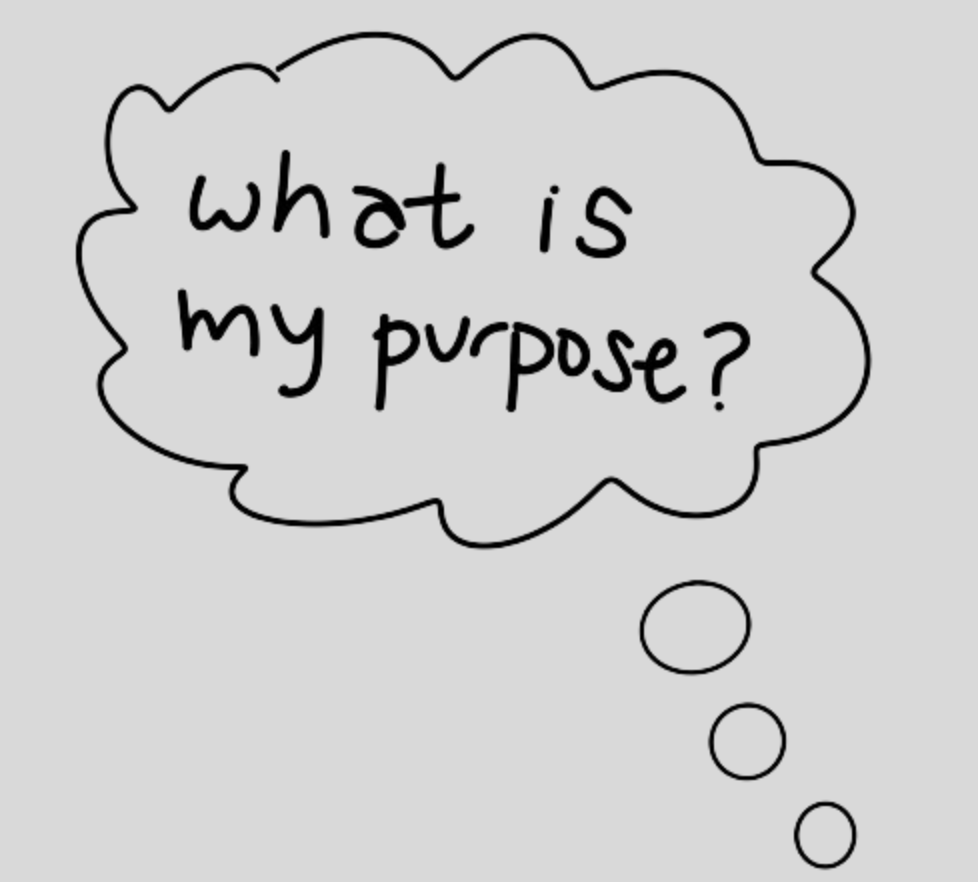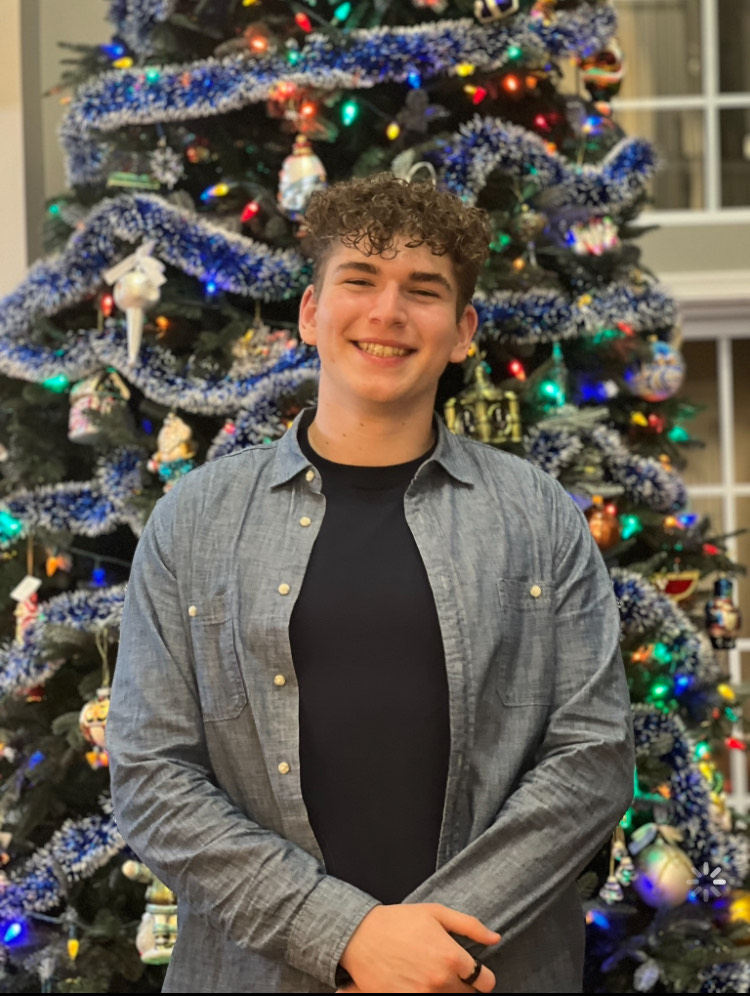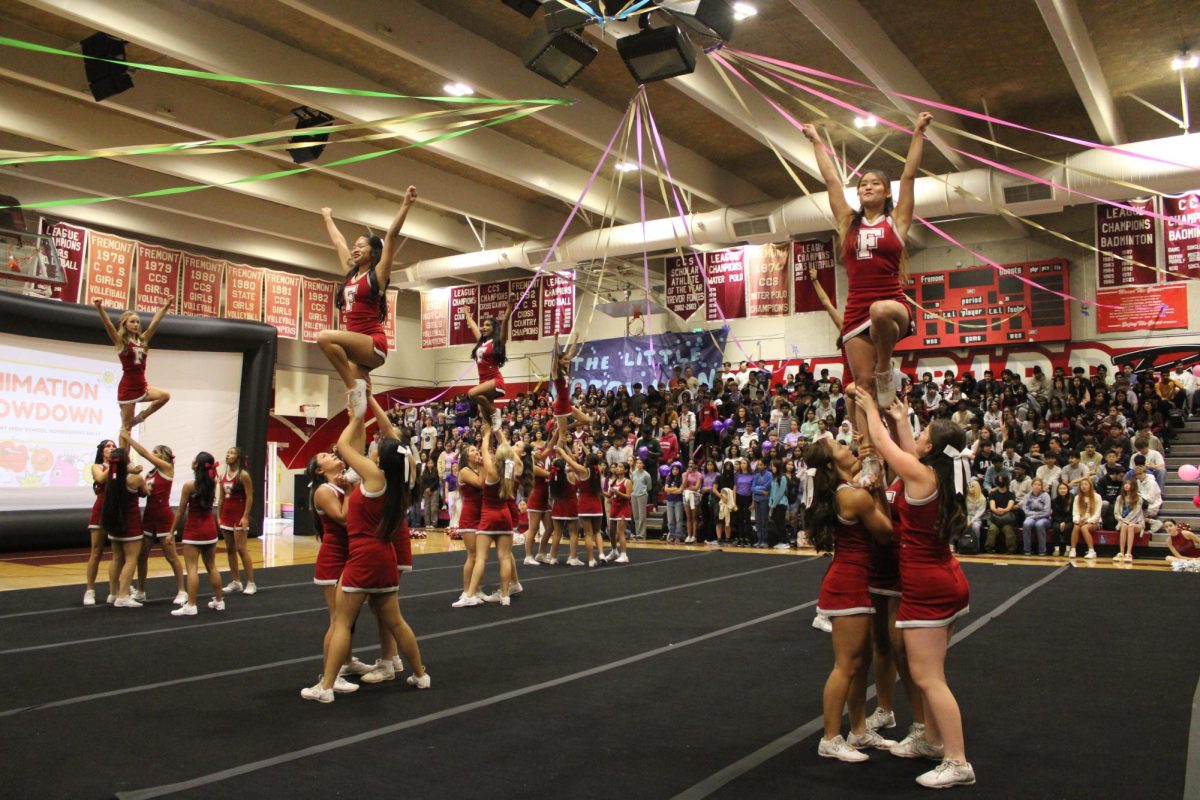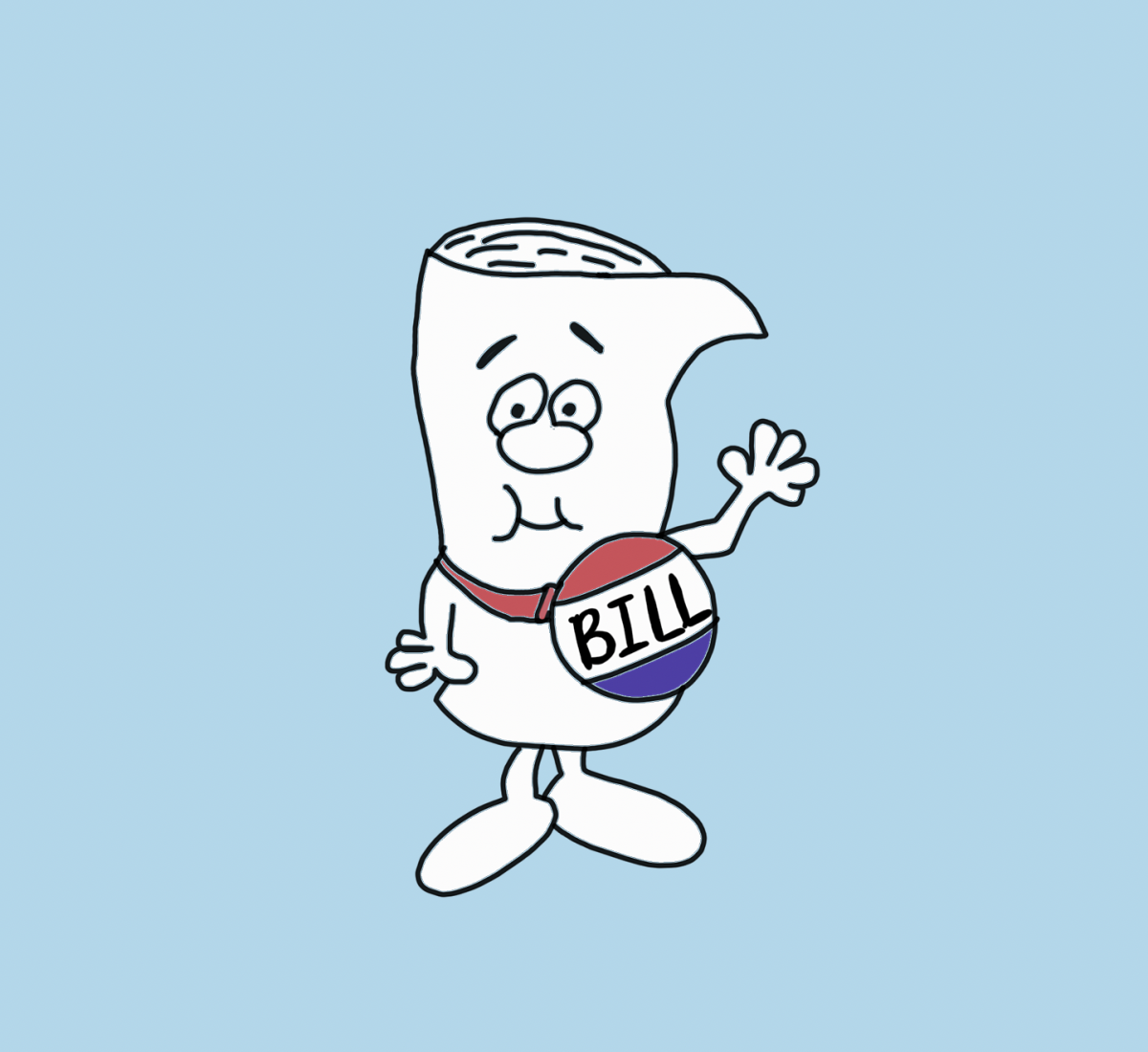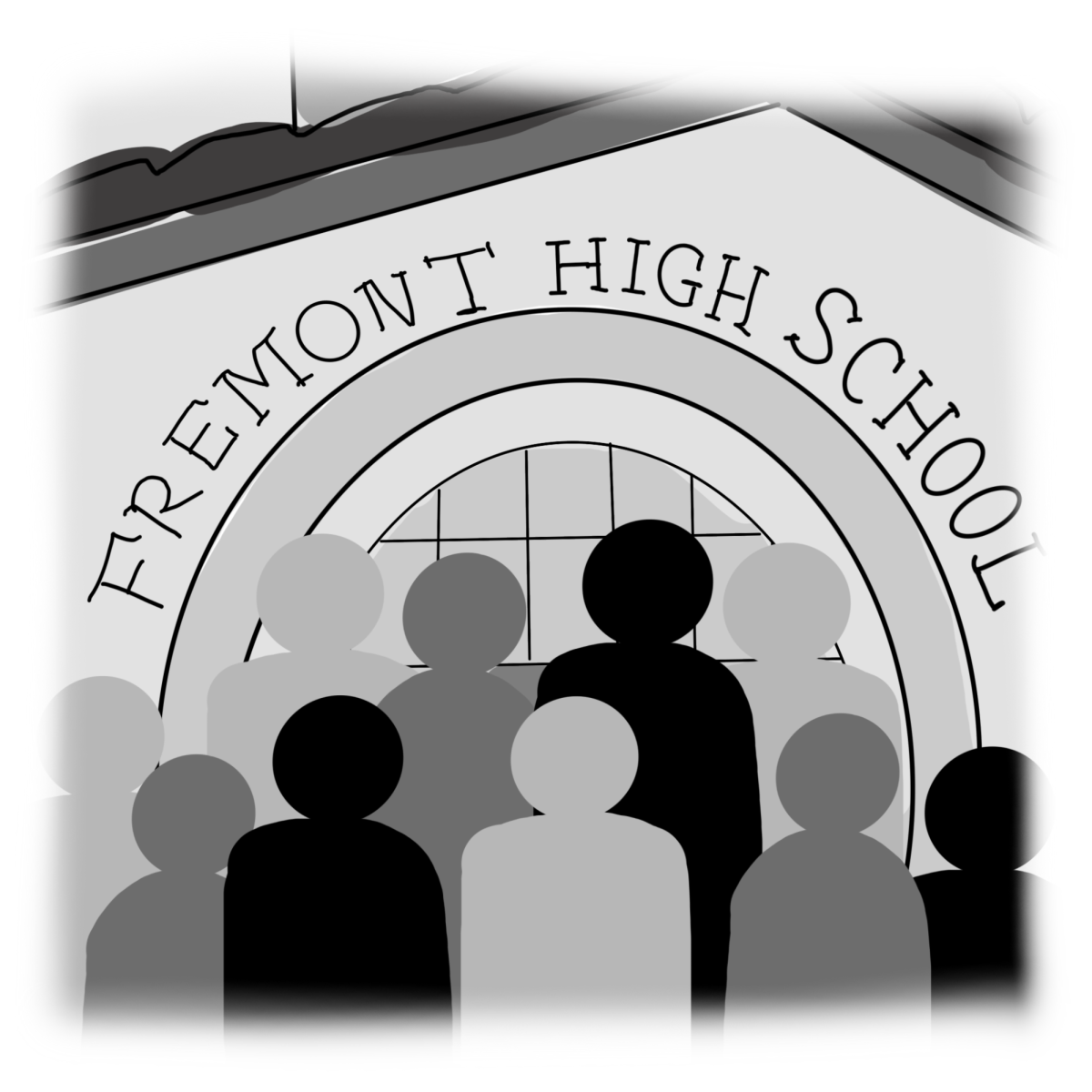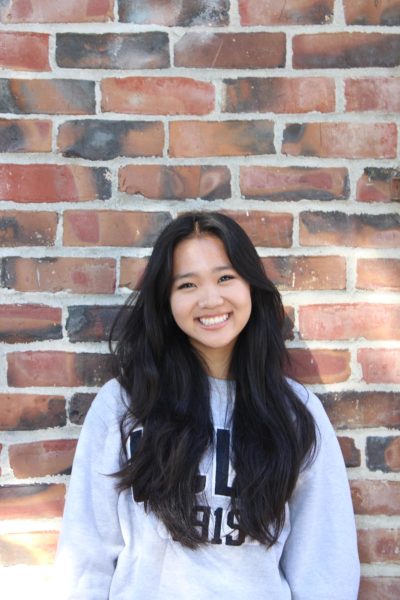As for any incoming junior, the choice to take AP classes challenges students with a more rigorous curriculum and higher performance standards. The required classes for sophomores do not necessarily prepare students for this transition, but will typically lay out a foundation for AP classes to build off of. However, there has been a significant decline in students’ readiness for the AP Language and Composition class, as indicated by a large portion of the current junior class.
Sophomores are required to take World Literature, which emphasizes a historical and literary lens so that students develop an understanding of important historical events and their impact on the world. The course features several notable texts including “In the Time of the Butterflies” by Julia Alvarez and “All Quiet on the Western Front” by Erich Maria Remarque. Along with aiding students in exploring their identities and world issues, the course also aims to introduce and develop skills such as synthesizing media, reading and writing stamina and self-awareness, which students will need in future courses like APLAC.
“A lot of our writing reflections were based on personal stories,” FHS junior Abhay Pranav said. “But I think the skills that we learned from those classes [were] a great way to connect with ourselves in our writing.”
The World Literature curriculum fell short when it came to preparing students for taking advanced English courses.
“I think we focus heavily on synthesis because it was merged with World History,” FHS junior Natalie Chang said. “This year, [in APLAC] we did a lot less synthesis and focused more on rhetorical analysis. So in hindsight, [World Literature] didn’t really prepare me for APLAC specifically.”
APLAC demands a more rigorous and analytical approach to writing than World Literature, and this leap often leaves students feeling unprepared as they navigate a landscape where critical analysis, argumentation and rhetorical analysis take precedence over personal reflection. Having a strong foundation for writing is crucial in taking APLAC, so it is easy to fall behind if these skills were not regularly practiced the year before. Especially because junior year is arguably one of the most stressful years of high school, relearning how to properly structure and write essays can be an added weight to an already overwhelming workload.
Some juniors reflected on ways of aiding the incoming APLAC students to help prepare them for what is expected of them that they were not aware of.
“Maybe if we could have juniors come in and talk about APLAC versus [American Literature] honors that would have probably been useful to us,” Chang said.
The disjointed curriculums of World Literature and APLAC create gaps in students’ preparedness, highlighting the need for a more cohesive and aligned transition between the courses to better equip students.
The discrepancies in student readiness have been brought to the attention of not only the English department but also the FHS administration. In response to the evolving educational landscape, groups like the Guiding Coalition for Learning have been created to evaluate and address students’ needs. The GCL is made up of department leads of different disciplines like English and history; the members are called PLC leads. Currently, PLC leads are focused on addressing the curriculum expectations for classes.
“Teachers working together to say, ‘What are the core expectations within our particular class? What is the bare level in order for a student to be successful in this class and move onto the next level? We want to ensure that they’ve achieved those foundational level skills,” FHS principal Bryan Emmert said.
Overall, junior preparation coming out of World Literature has been a struggle that is currently being addressed. With evolving curriculums and administrative attention, much of the FHS student body hopes that this issue gets resolved, ensuring that incoming classes feel confident in their abilities when taking more challenging classes.




